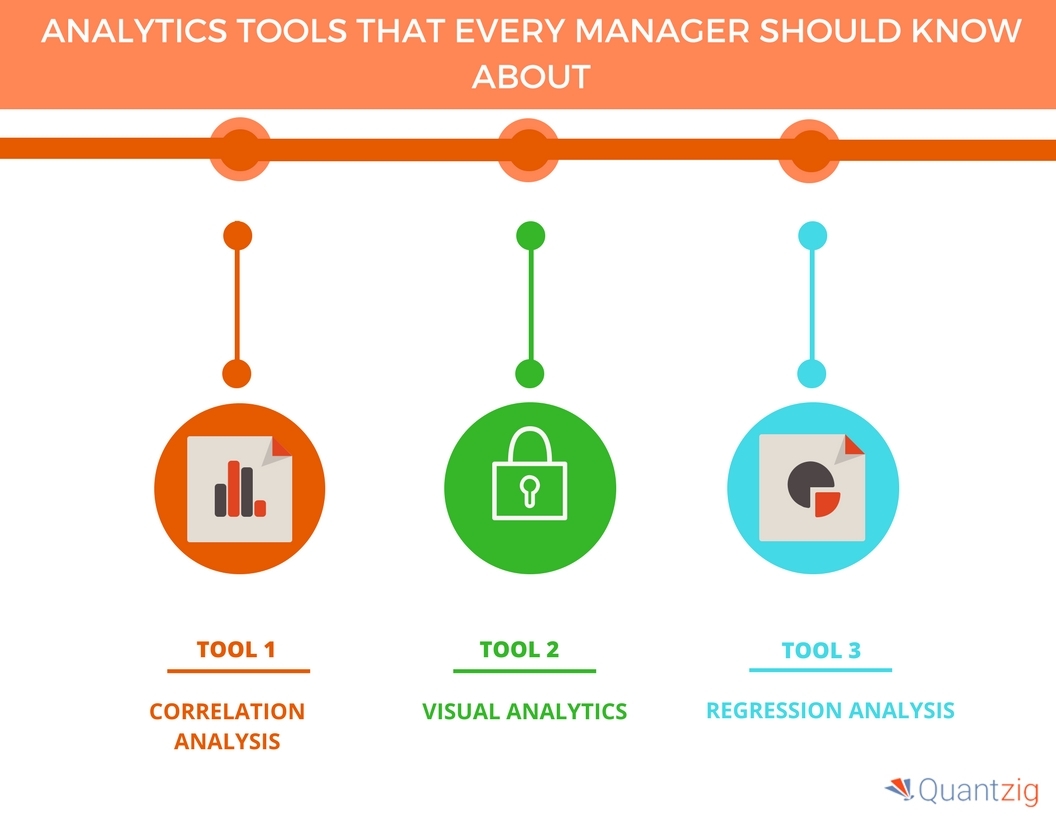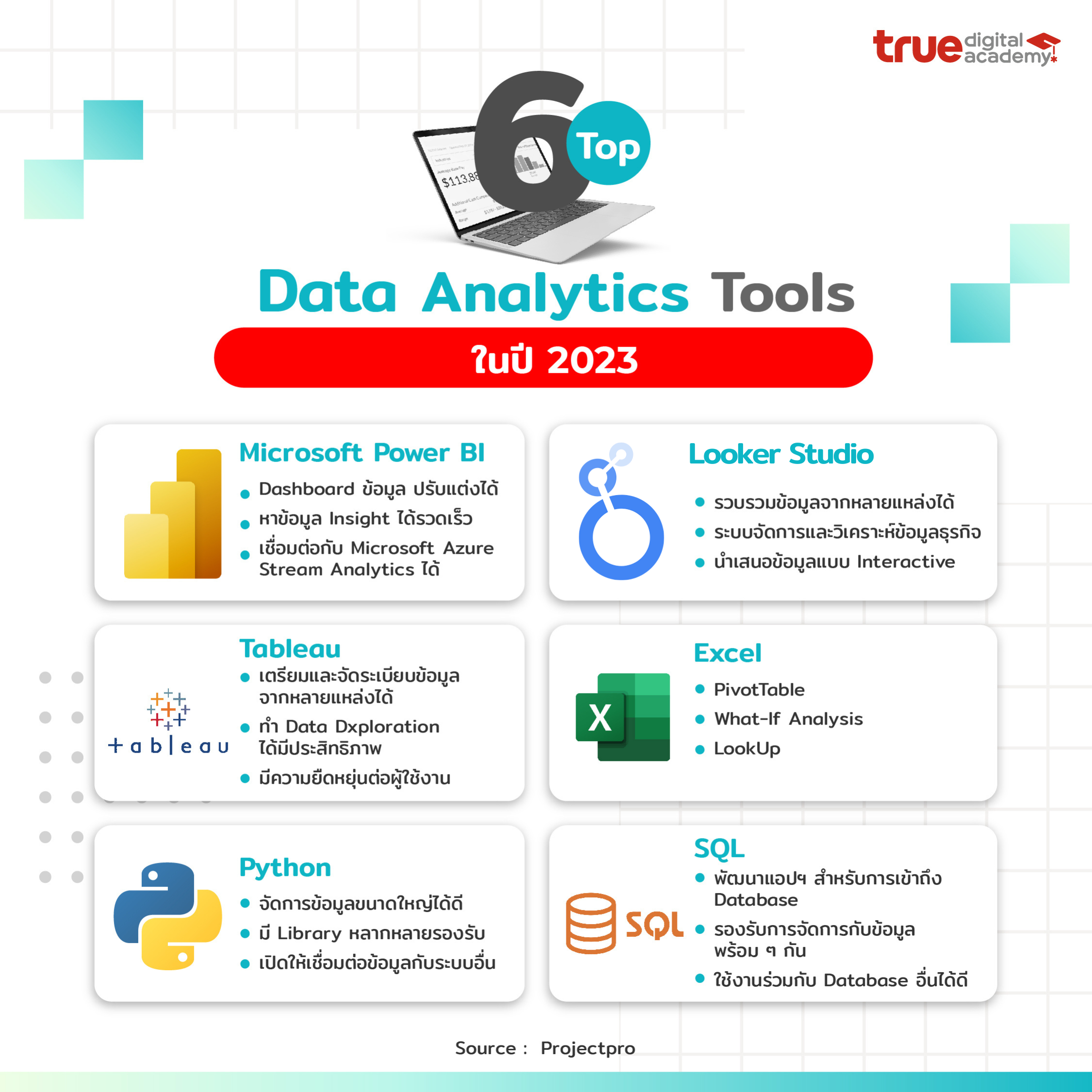Unleash the Full Prospective of Data Utilizing Durable Analytics
Unleash the Full Prospective of Data Utilizing Durable Analytics
Blog Article
Make The Most Of Growth: Just How Analytics Drive Better Methods
In today's data-driven landscape, organizations increasingly recognize the critical duty of analytics in shaping efficient development methods. By using information understandings, services can improve their operational techniques, prepare for market modifications, and boost customer engagement. Nonetheless, the obstacle exists not just in gathering data yet in effectively analyzing it to drive concrete end results. As we explore the essential advantages and methodologies associated with analytics, an essential concern arises: how can organizations guarantee they are leveraging these insights to unlock their full possibility? The answer might redefine the future of tactical planning.
Understanding Data Analytics
Information analytics is a methodical computational evaluation of data that enables organizations to reveal meaningful patterns and understandings. This process includes a selection of techniques, including statistical analysis, anticipating modeling, and information mining, which collectively aim to change raw data into actionable details - Analytics. By using these methodologies, organizations can make informed decisions that are rooted in empirical proof instead of intuition alone
The foundation of information analytics hinges on its capacity to take care of vast amounts of info from varied sources. This includes structured information, such as databases, and unstructured data, including social networks communications and consumer feedback. Through the usage of specialized software application and devices, analysts can extract and refine this information effectively, determining fads and connections that might not be immediately obvious.
Comprehending data analytics likewise involves recognizing the value of data high quality and integrity. Reliable and precise data is critical for purposeful analysis; hence, companies should execute durable information administration techniques. In addition, the repetitive nature of analytics allows for constant refinement and renovation of approaches, making certain that companies remain nimble when faced with changing market dynamics and customer habits.
Trick Benefits of Analytics

One of the crucial advantages of analytics is its capacity to give workable understandings. Organizations can swiftly assess vast amounts of information, revealing patterns that might not be immediately obvious.
One more significant benefit is enhanced consumer understanding. Analytics devices allow services to sector their target market, track consumer actions, and individualize advertising and marketing initiatives. This targeted strategy not just improves consumer involvement yet likewise drives greater conversion prices.

Implementing Analytics Methods
To fully recognize the benefits of analytics, organizations have to embrace organized techniques for execution. This begins with clearly specifying objectives that line up with broader company objectives. By establishing specific, measurable end results, organizations can focus their analytics initiatives on areas that produce the highest return on investment.
Following, companies should focus on information governance to make sure the honesty and security of the data being assessed. This involves setting up procedures for information collection, storage space, and access while sticking to appropriate regulations. Guaranteeing top quality data is important for creating purposeful insights.
Furthermore, fostering a culture of data-driven decision-making is crucial. This requires training employees to translate analytics findings and motivating partnership across departments. They are much more likely to incorporate insights into their daily operations. when teams understand the worth of analytics.
Lastly, companies need to routinely review and refine their analytics techniques. The landscape of data and technology is continually evolving, and remaining versatile will certainly enable organizations to leverage brand-new tools and methodologies efficiently. By executing these structured strategies, companies can make best use of the influence of their analytics campaigns and drive sustainable navigate to this website growth.
Devices for Effective Evaluation
Reliable analysis counts on a selection of tools that promote the removal of insights from data - Analytics. These devices can range from straightforward spreadsheet applications to innovative machine finding out systems, each serving an unique purpose in the logical process
Information visualization software, such as Tableau and Power BI, plays a crucial duty in transforming complicated datasets right into understandable visual representations. These devices allow experts to recognize patterns and patterns quickly, enabling even more informed decision-making.
Statistical evaluation software, like R and SAS, offers sophisticated capabilities for conducting in-depth analyses, including regression, hypothesis screening, and anticipating modeling - Analytics. These features equip companies to attract meaningful final thoughts from their information, identifying prospective possibilities and risks
Additionally, data source monitoring systems such as SQL and NoSQL data sources supply the essential infrastructure for storing and inquiring big volumes of information efficiently. They guarantee that data is organized and easily accessible for evaluation.
Lastly, company intelligence platforms integrate various data sources, supplying a thorough sight of business efficiency. By making use of these devices effectively, businesses can enhance their analytical capabilities, allowing them to create strategies that optimize development and enhance general performance.
Study of Success
Effective organizations usually take advantage of information analytics to drive impactful methods, Home Page as evidenced by numerous noteworthy instance researches. By utilizing these insights, Netflix has actually successfully customized its content referrals, resulting in boosted individual involvement and customer retention.

Additionally, Starbucks employs data analytics to determine ideal shop areas and refine its product offerings. By analyzing client demographics and acquiring patterns, Starbucks successfully determines high-potential markets and tailors its menu to regional preferences, driving sales and client commitment.
These this hyperlink situation studies show that effective usage of data analytics can bring about strategic advantages, fostering innovation and growth within organizations across different markets.
Final Thought
In conclusion, the integration of analytics right into organizational techniques significantly enhances decision-making procedures and promotes sustainable development. The effective execution of analytics tools additionally supports dexterity and advancement, enabling companies to navigate affordable landscapes with better precision.
Information analytics is a methodical computational evaluation of data that makes it possible for organizations to reveal significant patterns and understandings.Comprehending information analytics likewise entails recognizing the value of information quality and integrity. Trustworthy and exact information is vital for meaningful evaluation; hence, companies have to execute durable data administration techniques.Next, companies should prioritize information governance to guarantee the integrity and protection of the data being evaluated.Effective organizations commonly utilize data analytics to drive impactful methods, as shown by several remarkable case research studies.
Report this page